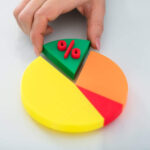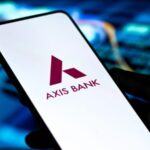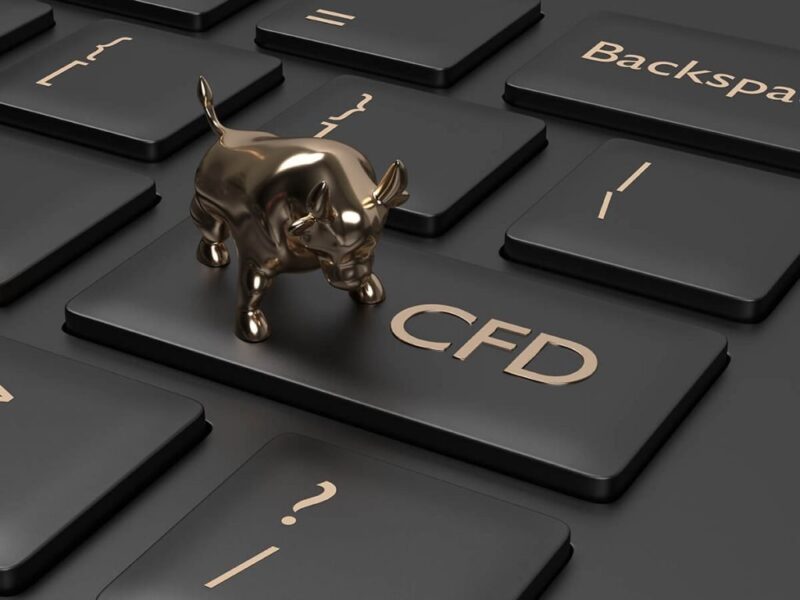When investing in the foreign exchange market, you may consider using a CFD (contract for difference). A contract between two parties agrees to exchange the difference between a particular currency pair’s opening and closing prices.
If you are thinking of buying a CFD, there are some things you should know. Below is an overview of what you need to consider before buying a forex CFD. Alternatively, you can visit https://www.home.saxo/en-sg/products/forex to get up to date news about investment instruments in Singapore.
What is your trading strategy?
Before buying a CFD, you need to have a trading strategy in place. Your trading strategy should outline your goals and how you plan on achieving them. It is also essential to have realistic expectations for your trading career. Remember, the foreign exchange market is volatile and risky, so make sure you are comfortable with the risks involved before investing.
What is your risk tolerance?
Your risk tolerance is another crucial factor to consider before buying a CFD. Do you have the stomach to withstand potential losses? Or are you looking to minimise your risk as much as possible? Your risk tolerance should be in line with your trading strategy. If you are not comfortable taking risks, you may want to consider a more conservative trading strategy.
Do you have enough capital?
For CFDs to be effective, you need to have enough capital to cover your positions. In other words, if you buy a CFD worth $1,000 and the market moves against you, you need to have $1,000 in your account to cover your losses. So make sure you have enough funds in your account before buying a CFD.
What is the spread?
The spread is the difference between a currency pair’s buy and sell prices. Understanding the spread before buying a CFD is essential, as it will affect your profits or losses. Generally, the wider the spread, the less profit potential you have.
What are the fees?
Fees can vary from broker to broker, so it is crucial to understand what fees will be charged before buying a CFD. Some standard fees include commission charges, overnight fees and spreads. Be sure to ask your broker about all the fees charged.
What is leverage?
Leverage is a tool that allows traders to trade more prominent positions than they would typically be able to afford. For example, if you have a 1:100 leverage, that means you can trade $100 worth of currency for every $1 you have in your account. So it is vital to understand the leverage offered by your broker before buying a CFD.
What is the expiration date?
CFDs typically have an expiration date, the contract’s last day for trading. Be sure to check the expiration date before buying a CFD, as it may affect your trading strategy.
How is the price calculated?
It is crucial to understand how the price of a CFD is calculated before buying one. Generally, the price is based on the current market price of the underlying asset. However, some brokers may use a different pricing model, so be sure to ask your broker how prices are calculated.
What is the settlement process?
The settlement process is how you receive or pay for profits or losses resulting from a CFD trade. Understanding the settlement process before buying a CFD is essential, as it can affect your trading results.
How do I close my position?
You need to sell (or buy) the same number of contracts that you originally bought (or sold) to close a position. For example, if you bought ten contracts, you need to sell ten contracts to close your position. You can close your position at any time before the expiration date.
What happens if I can’t close my position before the expiration date?
If you don’t close your position before the expiration date, your broker will automatically close it for you. Generally, you will be either be charged a fee or receive a lower price for your position. So it is crucial to understand how your broker handles positions that are not closed before the expiration date.


















